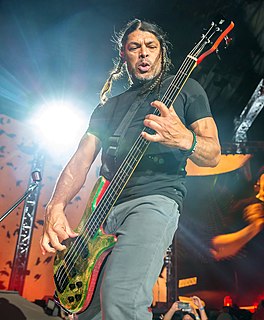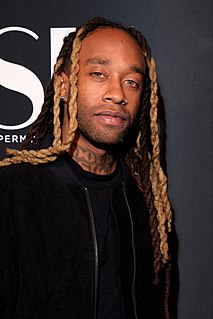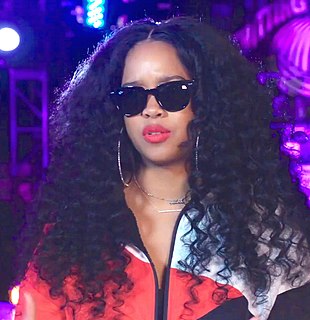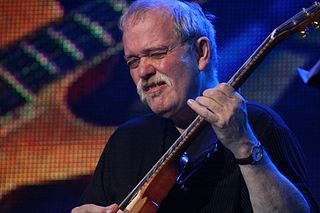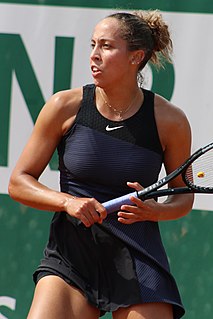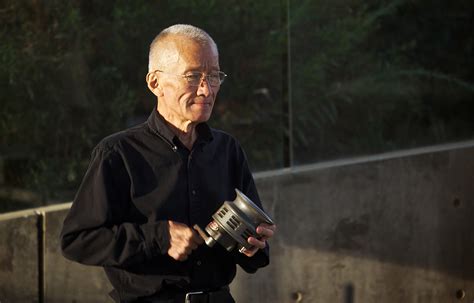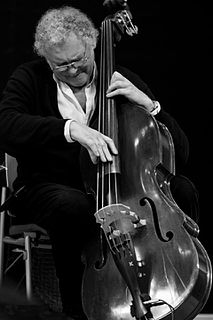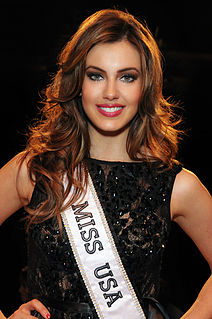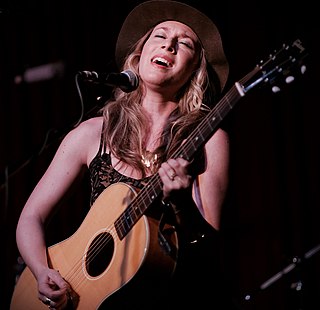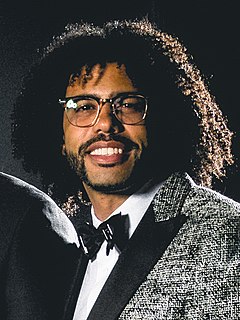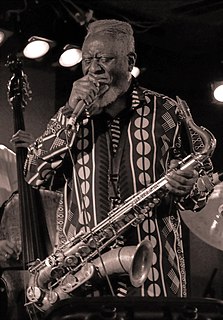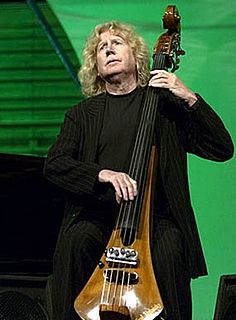A Quote by Robert Trujillo
Back in the day, being a young, inspired bass player, I started to gravitate toward jazz fusion. I almost would have called myself an elitist. I got to the point where, for a little bit there, I was more interested in instrumental music.
Related Quotes
As a young woman, I experienced high school and heartbreak, and the music I started to write was a little bit more poetic, and more inspired by spoken word. The real raw emotional things that sit in the back of our minds, that you were afraid to say? That's how I started to write my music. And that's how 'H.E.R. Volume One' came about.
I got into one of the Scottish classical styles called piobaireachd, which is a very old music that started around the 1700s or something. I really got into this music. After that, I started to compose bagpipe music in my notations. Then I started building bagpipes by myself, and then I started to perform with the instrument myself in the 1980s.
I admired fashion but I wasn't an "iconic fashionista" myself. I think as I got more comfortable in my skin, then I got a little bit more into fashion, but it's always been something I've been interested in because you can express yourself through what you wear and your accessories and everything else. So getting into my early 20s was really started to come into myself.
I started playing violin because I was fascinated by how violin players could play so fast. I would buy their cassettes, and learn different concertos, but then I started rounding out my collection. My dad was a big jazz fan, so I just started hearing a lot more soul music. I loved Little Stevie Wonder, and I got really into him as a singer and a writer as I got older.
Jazz stopped being creative in the early '80s. After your acoustic era, where you had the likes of the Miles Davis Quintet, when it gets to the '70s it started being jazz fusion where you had more electronic stuff happening, then in the '80s they started trying to bring back the acoustic stuff, like Branford Marsalis and the Wynton Marsalis & Eric Clapton sextet. It started dying down from there. Miles was still around in the '80s and he was still being creative; he was playing Michael Jackson songs and changing sounds, but a lot of people were still trying to regurgitate the old stuff.
